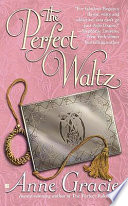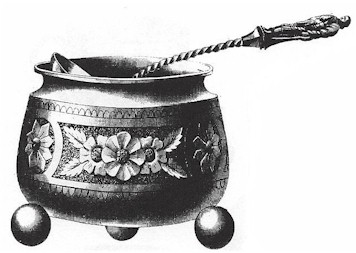Potage a la Camerani, or Macaroni soup was once called the “most famously expensive soup” in history (Soup: A Global History, Janet Clarkson) so naturally it would be tres fashionable and appear in the pages of La Belle Assemblee. Apparently, one spoonful is enough to send someone in to transports…and according to the receipt below cause a number of indigestions. I blame the butter (for at least the heavenly taste).
Thrown back in time with the man she despises . . .

Two strangers thrown together, who stumble back in time. Will they survive the era, and each other?
Enter Your Email for our Monthly Newsletter
Regency History Categories
- Regency Advertisements
- Regency Beauty
- Regency Crime and Punishment
- Regency Culture and Society
- Regency Customs
- Regency Destinations
- Regency Dish
- Regency Economy
- Regency Estates
- Regency Events
- Regency Fashion
- Regency Film and TV
- Regency Folklore
- Regency Health and Medicine
- Regency Hot Spots
- Regency Household
- Regency Literature
- Regency Men
- Regency Miscellany
- Regency Mystery
- Regency Non-Fiction
- Regency Pastimes
- Regency Reader Questions
- Regency Science and Invention
- Regency Tips
- Regency Travel
- Regency Villains
- Regency Women of Character
- Regency Words
- Representing Regency
Authors, Books by Heat, and More Content
Recent Reviews












I think the recipe says it is the origin of many indigestions and not the cure. It does sound as though it was very thick and rich. My only surprise is that it doesn’t have sherry or other wine added to it. Can you imagine how many chicken livers one must have to fill up a tureen? The recipe says the livers of capons and not just of any roosters or hens which would make it even more expensive. Do you think anyone would know if one used livers from hens and roosters instead of just those from castrated roosters?
Not having the taste for liver myself, I can’t personally speak to the flavor differences beween hens and roosters. Anyone else want to provide expertise?
Didn’t see a notice that the comment had been accepted. Sorry for the duplication.
I do not know whether or not the livers of a capon ( a castrated rooster) taste any different from the livers of the hens and intact roosters.
We once had roosters and hens, no capons, but my tastebuds couldn’t differentiate between the meat or the livers. I think it a bit of cuisine snobbery. Ordinary people might roast a hen or a young rooster but only the rich could have roasted capon. The capons were fatter and probably juicier and the meat more tender. Hens weren’t usually roasted until past laying so were tougher. Roosters were either made capons or made into stew when young– not many roosters were needed in a flock of hens. Well from my limited observation and what I remember reading about chickens. I only like chickens on the plate. They pecked me about the ankles when I was trying to feed them and I hated plucking the feathers off, burning off the scuff, and cleaning the insides. That put me off Sunday dinner for some weeks. Sti
Again my previous message disappeared in the middle of my writing it so no telling how garbled it may read.
Whatever is moderating this ate my previous message- I think.
The article says the dish causes indigestion because of its richness. It would also be expensive to buy so many capon livers. I bet there were those who used the livers of hens and roosters instead of limiting themselves to the more expensive livers of castrated roosters. The dish sounds too thick to be a soup– but the they seemed to call many things soup which we wouldn’t just as almost everything served for afters is a pudding.
I didn’t eat your previous message, it just took a day or two for me to play catch up on moderating…unfortunately because of rampant spam abuse in the comments section, we carefully review all comments.